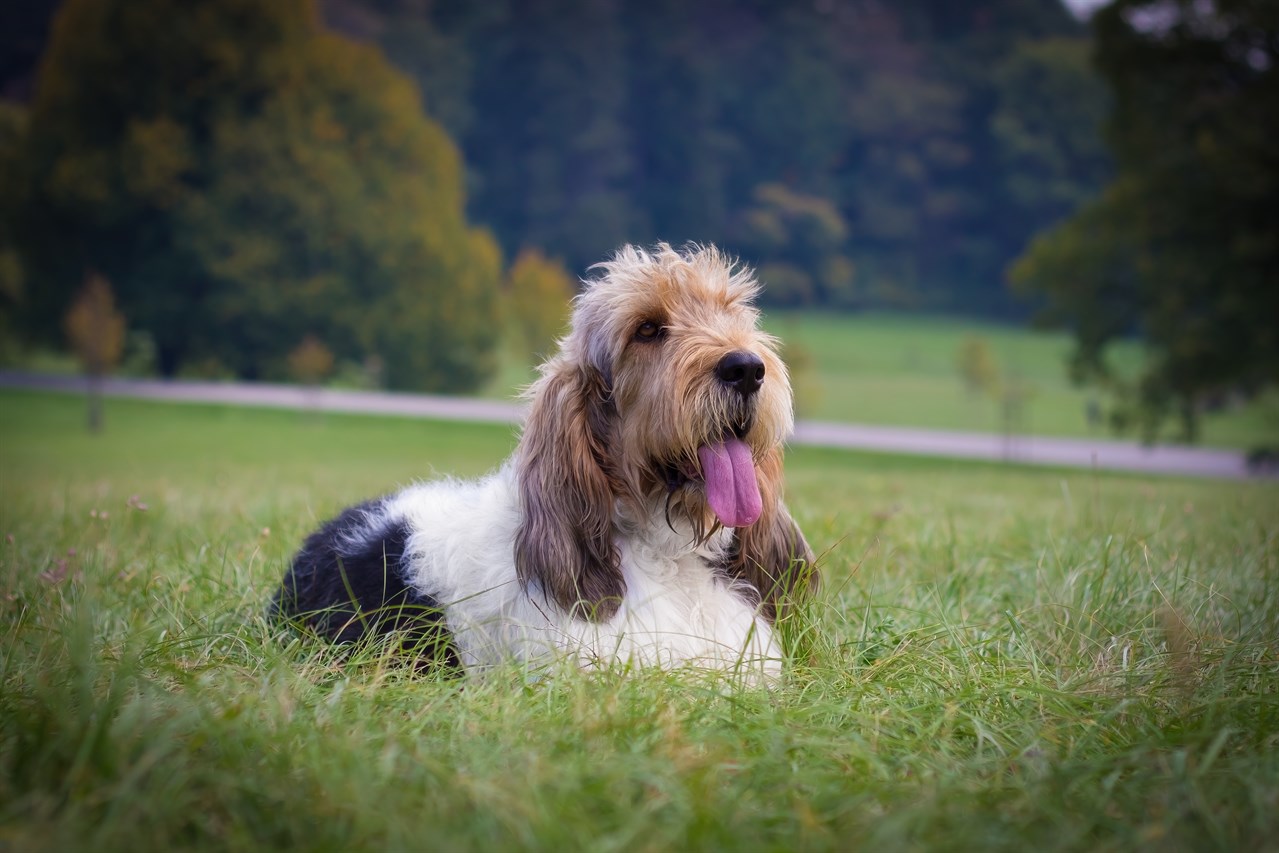Feeding Habits & Requirements of the Grand Basset Griffon Vendéen

Feeding your Grand Basset Griffon Vendéen (GBGV) a balanced and nutritious diet is essential to ensure their overall health and well-being. Here are some important considerations for their feeding habits and food requirements.
Age and Life Stage
The nutritional needs of your GBGV will change throughout their life stages. Puppies require a diet that supports growth and development, while adult dogs need a diet to maintain their health. Senior GBGVs may require specialised diets to address age-related issues. Consult your veterinarian to determine the most appropriate diet for your dog's specific life stage.
High-Quality Dog Food
Select a high-quality commercial dog food that meets the standards set by organisations like the Association of American Feed Control Officials (AAFCO). Look for a dog food that lists a high-quality source of protein (like meat) as the primary ingredient and avoids artificial additives and fillers.
Portion Control
Feeding guidelines on the dog food label provide a starting point for portion control, but individual dogs may have varying energy requirements. Monitor your GBGV's weight and adjust their portions accordingly. Be mindful not to overfeed, as obesity can lead to various health problems.
Feeding Schedule
Establish a consistent feeding schedule for your GBGV. Most owners feed their dogs twice a day, but the frequency can vary based on your dog's age and activity level. Stick to a routine to help regulate their digestion and prevent overeating.
Avoid Table Scraps
While it can be tempting to share human food with your dog, it's essential to avoid feeding them table scraps. Some human foods can be toxic to dogs, and feeding them from the table can encourage begging and poor eating habits.
Fresh Water
Ensure your GBGV has access to fresh, clean water at all times. Proper hydration is crucial for their health and digestion.
Dietary Restrictions
Some GBGVs may have dietary restrictions or food allergies. If your dog exhibits signs of food allergies, such as itching, gastrointestinal upset, or skin issues, consult your veterinarian to determine the cause and adjust their diet accordingly.
Treats and Snacks
Use treats sparingly and as part of a balanced diet. Overfeeding treats and snacks can contribute to weight gain. Opt for healthy, dog-friendly treats or consider using portions of their regular food as rewards during training.
Regular Check-Ups
Regular veterinary check-ups are essential to monitor your GBGV's overall health, including their weight and dietary needs. Your veterinarian can offer guidance on nutrition and dietary adjustments as your dog ages.
Special Diets
In some cases, your GBGV may require a special diet due to health conditions. Your veterinarian may recommend a prescription diet or dietary supplements to manage specific issues, such as joint health or food allergies.
Remember that the specific dietary requirements of a GBGV can vary based on their age, activity level, and individual health. Consulting with a veterinarian or a canine nutritionist is the best way to tailor a diet plan that meets your GBGV's unique needs and ensures their optimal health and longevity.
Grand Basset Griffon Vendeen puppies for sale
- Find Grand Basset Griffon Vendeen puppies for sale in ACT
- Find Grand Basset Griffon Vendeen puppies for sale in NSW
- Find Grand Basset Griffon Vendeen puppies for sale in NT
- Find Grand Basset Griffon Vendeen puppies for sale in QLD
- Find Grand Basset Griffon Vendeen puppies for sale in SA
- Find Grand Basset Griffon Vendeen puppies for sale in TAS
- Find Grand Basset Griffon Vendeen puppies for sale in VIC
- Find Grand Basset Griffon Vendeen puppies for sale in WA